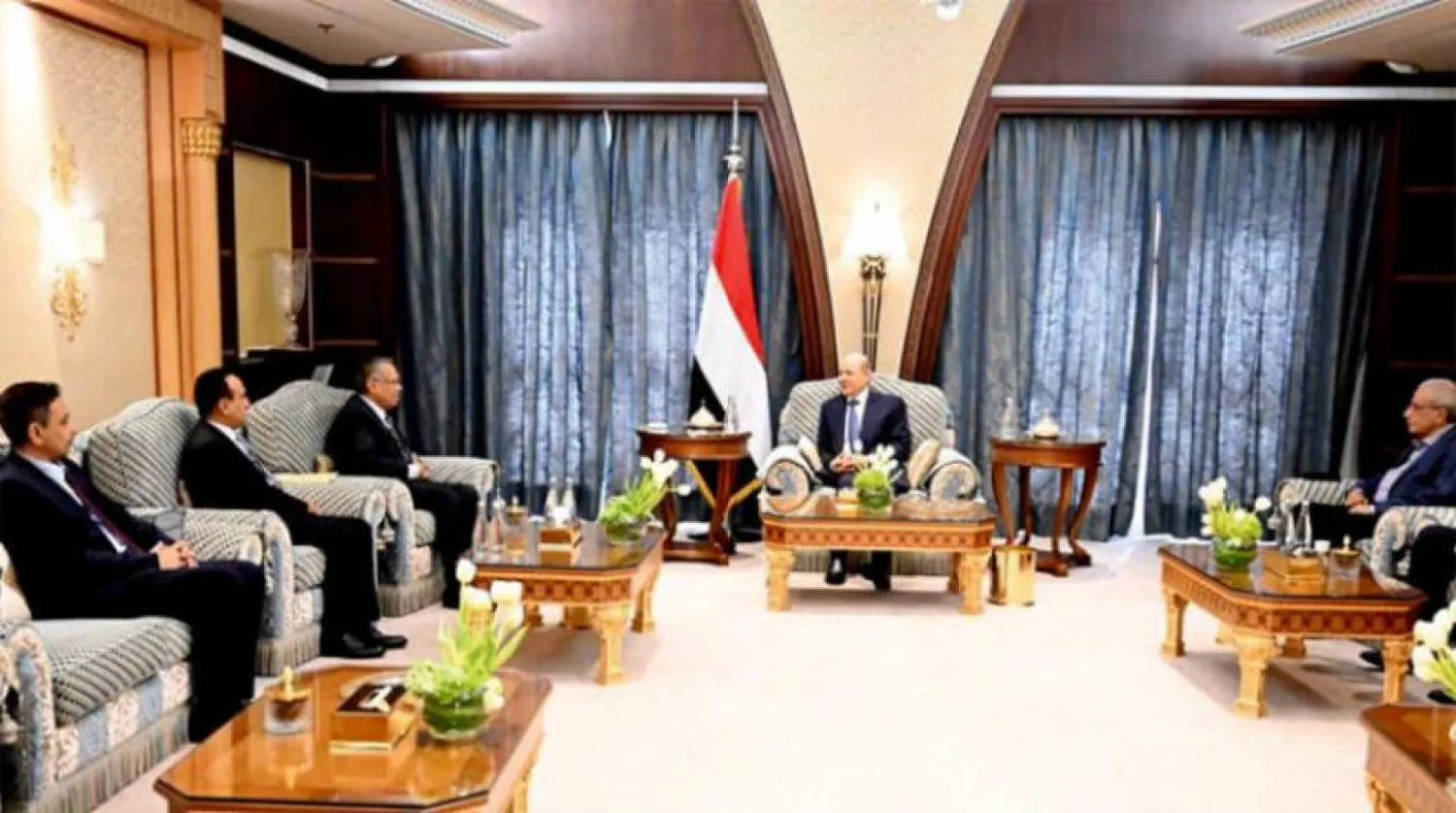UN Special Envoy to Yemen Hans Grundberg is scheduled to brief the UN Security Council on the developments of his efforts to renew the truce in the coming week.
The briefing comes amid growing official and widespread anger among Yemenis over the repeated Houthi attacks on oil export ports and the lean international positions towards its terrorism.
The Houthi militia rejected the envoy's proposal to extend and expand the collapsed truce, as it sought to blackmail the legitimate government to obtain economic and political gains and threatened to continue launching terrorist attacks on oil export ports.
In response, the Yemeni parliament issued a statement calling for the resumption of military operations, an option that observers consider possible if international efforts fail to reach a breakthrough that convinces the militias to choose peace.
The parliamentary statement called on the Presidential Leadership Council (PLC) to do what is necessary to "teach these militias the lessons" and destroy their military capabilities as a "just" response to their "aggressive options."
The statement also called for speedy decision-making to deter the Houthis, restore the state by various means, and save the Yemeni people from the crimes that they practice daily.
The parliament described the international and Western efforts as a "waste of time."
Several officials in the legitimate government criticized the state of global stagnation and inaction, which resort to issuing "denunciation statements" after every Houthi escalation.
- Setting a time limit
In his interview with Asharq Al-Awsat, the Undersecretary of the Yemeni Ministry of Justice, Faisal al-Majidi, said he believes that there can't be an "endless dialogue" with the Houthis, recalling the series of talks and negotiations with the militias and the international resolutions that did not see the light of day.
Majidi said that Security Council Resolution 2216, issued in April 2015, emphasized in its preamble that the Secretary-General must submit a report every ten days on the implementation of the resolution.
However, this is not the case despite later decisions stressing the need to implement this resolution, which means that the UN and its envoy do not put time into their considerations.
Majidi reviewed the 2016 talks in Kuwait amid international presence and UN representation. He recalled the road map for the final political solution in Yemen, which was signed by the Yemeni government and rejected by the militias based on Iranian instructions.
The Undersecretary stressed the need to specify a period for agreements related to a lasting truce or a peace process.
After six weeks of failed efforts to extend the truce, Majidi suggested supporting the government by putting Houthis on the list of international terrorism, activating agreements and protocols signed with Arab and Western countries in this regard, and canceling any international representation of the movement.
The official stressed the importance of freezing the assets of the Houthi militia as an entity and not only as individuals, and tightening the siege on the smuggled Iranian weapons and oil, to "green light" the legitimate government to implement the constitution and restore Hodeidah and then Sanaa, in implementation of Security Council resolutions issued under Chapter VII.
- Criticism of international performance
Yemeni political and media analyst, Mohammad al-Mekhlafi, condemned the international performance against Houthi escalation, that doesn't set time limits for reaching solutions.
Mekhlafi told Asharq Al-Awsat that the UN envoy, and even ambassadors, are often asked about setting a time frame, and they always respond that there is no endpoint for the efforts to establish peace in Yemen.
He admitted that the UN envoy is just an international employee trying to maintain the sustainability of his job and achieve breakthroughs that may be counted as personal success, regardless of whether this success is fair or will benefit the party that commits massacres and violations.
The analyst recalled the Stockholm Agreement, which was seen as an "unprecedented success" for former envoy Martin Griffiths, and he was rewarded with assuming a higher position at the UN.
He added: "To this day, the United Nations is still glorifying this failed agreement," which led to the withdrawal of the internationally recognized government party, the Houthi seizure of Hodeidah with all its resources, and the use of the port to smuggle Iranian drones that threaten international navigation.
The world will "one day wake up to intercontinental terrorism that originates in Yemen if it continues to deal recklessly with Iranian terrorism through the Houthi proxy in Yemen," warns Mekhlafi









